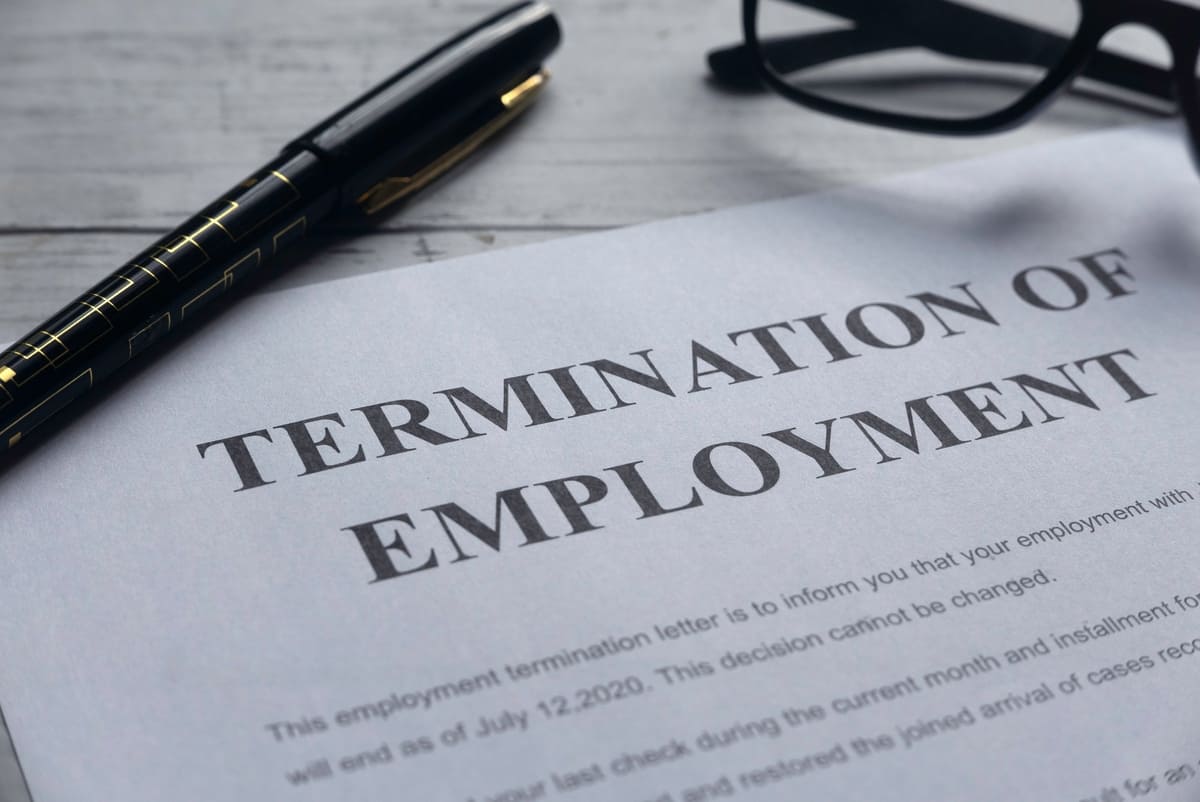You have a right to fair compensation if you work for an employer. Federal and state wage and hour laws protect employees from unfair wage practices. You deserve to earn at least minimum wage for worked hours and overtime for any worked hours over 40. When your employer chooses to ignore the laws, you have the right to complain about it and expect to be fairly compensated. Your employer cannot fire you for demanding a fair wage for hours worked.
If you become the victim of wrongful termination, you have the right to demand justice. The best wage and hour lawyers at the Derek Smith Law Group in New York City, Philadelphia, Miami, Los Angeles, San Francisco, and New Jersey can help.
What Is Fair Compensation?
Fair compensation is the term used to indicate a rightful wage for any worked hours. It can refer to minimum wage, overtime pay, proper benefits, and anything related to an employee’s overall wages. You have a right to receive fair compensation when you work in any job within the United States.
Minimum Wage: Federal and state laws state employees must earn a bare minimum per hour worked. This minimum is known as minimum wage. Under federal law, the minimum wage is $7.25 per hour. Each state may set its own minimum wage as well. States must set a minimum wage of at least $7.25 per hour. However, the states may offer a higher minimum wage. If your state offers a higher minimum wage than the federal minimum wage, you must receive at least that amount as your hourly pay rate.
Prevailing Wage: Prevailing wage relates to contractors in the field. While it is not a federal fixed number, it is a number determined by each state and local government. Contractors must earn a prevailing wage for the job and local area for which they are working.
Overtime Pay: Employees deserve 1.5 times their hourly pay rate (overtime pay) when working more than 40 hours a week. When an employer pays employees straight time for hours over 40 or forces employees to work off the clock to avoid overtime pay, they are committing acts of wage theft.

What Can You Do If You Do Not Receive Fair Compensation?
Employees have the right to receive fair compensation. If you do not receive fair compensation or become the victim of wage theft, you have the right to complain to your employer, the HR team, or your direct supervisor. In a perfect world, your employer would make sure to correct the problem and ensure you get paid every penny owed to you for worked hours. However, if they do not correct the problem, you have the right to seek legal counsel and hold them accountable. The best wage and hour lawyers at the Derek Smith Law Group can help.
Can You Get Fired for Complaining About Wages?
Employers do not like to hear they are wrong. They do not like to hear that they owe you anything, especially money. Therefore, they may try to wrongly fire you for complaining about your wages. This act is known as wrongful termination. It is highly illegal.
Wrongful Termination
A wrongful termination is an act of retaliation against an employee. It occurs when an employer fires you from work for any reason that is a protected reason. In the case of fair compensation, you are allowed to discuss or complain about issues relating to your wage. Whether you experience wage theft, improper wages, or being forced to work off the clock, you can formally complain to your employer and demand fair compensation. When your employer fires you for doing so, they are firing you as a member of a protected class performing a protected action. They are committing wrongful termination.
Retaliation
Getting fired for complaining about wages is an act of retaliation. Any wrongful termination related to an illegal action brought about by your protected action is an act of retaliation. Retaliation is when your employer punishes you for conducting a legal and protected action. It can occur as wrongful termination, demotions, loss of hours, or other negative acts that can affect your job and livelihood.
When Should You File Your Claim for Wrongful Termination?
You have the right to hold your employer accountable for any acts relating to wage theft, including wrongful termination. However, the laws provide a time limit for which to file your claim. Any wage theft claims must be filed within two years (three years if the act was intentional ) of the wage theft. Wrongful termination claims also have a two-year time limit to file your claim under federal law. Your top wage and hour lawyers at the Derek Smith Law Group can help you determine if your state’s laws offer more protection and a longer time limit to file your claim.
What Kind of Compensation Is Available for Wrongful Termination?
You were fired because you complained about wage theft. Therefore, you have two claims against your employer. The first claim is wage theft. The second is retaliation and wrongful termination. The courts may award you all lost wages due to wage theft as well as lost wages that you would have
earned had you not been fired illegally.

Our Top Wage and Hour Lawyers Are Ready to Help Fight Wrongful Termination
You have a right to complain about wages. You have a right to keep your job even when you complain about wage law violations. When your employer strips you of that right, you have a right to hold them accountable. If you were wrongly fired for complaining about wages, the best wage and hour lawyers at the Derek Smith Law Group in New York City, Philadelphia, Miami, Los Angeles, San Francisco, and New Jersey can help. Call us at 800.807.2209 for a free consultation.



